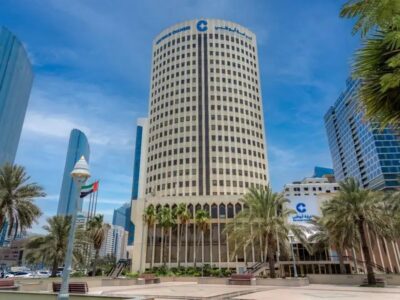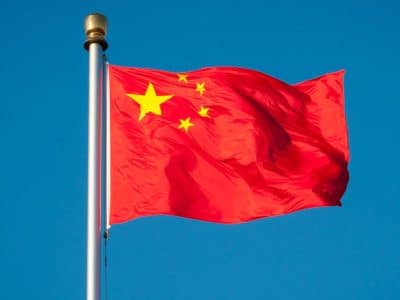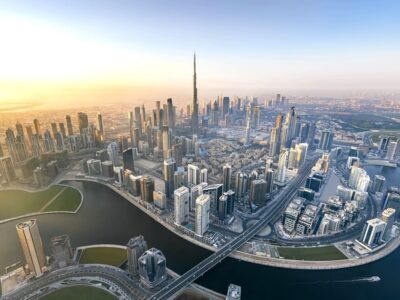Saudi
Arabian troops moved into Bahrain as part of a regional force from the Gulf
Cooperation Council, the first cross-border intervention since a wave of
popular uprisings swept through parts of the Arab world.
“This
is war against the unarmed Bahraini people,” said Matar Ebrahim Ali Matar, a
member of al-Wefaq, the largest Shiite opposition party.
Mainly
Shiite protesters in Bahrain have been demonstrating since February 14,
demanding democracy through free elections from their Sunni monarch. Shiites
comprise as much as 70 percent of the population. King Hamad bin Isa Al Khalifa
has offered a national “dialogue” toward changes in response, which hasn’t
quieted protesters. Clashes escalated on Sunday with more than 100 people
injured.
The
deployment signals that the Bahraini regime has lost confidence it can deal
with the protests and underscores Saudi Arabian concerns about uprisings at
home, according to Christopher Davidson, a scholar in Middle East politics at
Durham University and author of “Power and Politics in the Gulf Monarchies,”
“It
is in Saudi’s interest that nothing serious happens in Bahrain, because it
would embolden similar protests in its eastern provinces,” Davidson said in a
telephone interview late yesterday.
Several
dozen protesters camped overnight on a main street in the capital Manama’s
financial center, closing off the thoroughfare. The demonstrators set up tents,
including one to provide first aide.
“We
consider the CGG force an invader, said Hussein Ali, 40, a mechanical engineer.
“The Saudis are adding fire to the situation, not bringing solutions.”
Small
groups of young men set up barricades with polls, concrete and trash containers
on streets in the diplomatic area of Manama last night, not far from the
central bank and justice and foreign affairs ministries. Armed with metal
pipes, they monitored passing cars.
The
United Arab Emirates has sent some 500 soldiers to Bahrain as part of the GCC
force, UAE Foreign Minister Abdullah bin Zayed al Nahyan said. The troops are
part of Joint Peninsula Shield, a GCC military coalition established to protect
the six member states from outside attack. More than 100 military vehicles have
crossed into Bahrain, Al Jazeera television reported.
The US
State Department has urged citizens to defer travel to Bahrain and advised
those in the island kingdom to “consider departing,” the State Department said
in an e-mailed statement.
Bahrain’s
10-year dollar bond fell yesterday with the yield on the 5.5 percent bond
maturing in March 2020 climbing 29 basis points, the most since Feb. 3, to 6.60
percent as of the close in Dubai, according to prices compiled on Bloomberg.
Crude oil prices have advanced about 17 percent since the start of the unrest
in Bahrain.
“The
GCC unspoken rule is: We are here to protect each other, not just as countries
but as ruling families,” said Abdulkhaleq Abdullah, a professor of politics at
the United Arab Emirates University in Abu Dhabi. Sending the GCC troops is a
“huge gamble,” Abdullah said. “It might make a difficult situation much more
difficult.”
The
protests in the tiny kingdom have fueled fears of a regional Shiite uprising
supported by mainly Shiite Iran. Many Shiite Bahrainis retain cultural and
family ties with Iran and with Shiites in eastern Saudi Arabia; Bahrain’s Sunni
ruling family has close links with Saudi Arabia, which holds 20 percent of the
world’s oil reserves.
The US
is urging Bahrain, home to the US Navy’s Fifth Fleet, to allow nonviolent
protests and encouraging Gulf nations to use restraint, White House spokesman
Jay Carney told reporters at the White House.
Saudi
Arabia’s Shiite population, who make up about 10 to 15 percent of the
population, have been holding protests every Thursday and Friday for the past
few weeks in towns and villages a short drive from the Bahrain causeway. The
Saudi Shiites have demanded the release of Shiite prisoners held without public
trial since 1996.
Iranian
Foreign Minister Ali Akbar Salehi has called on the Bahraini government to
refrain from using violence against protesters.
“It
is expected from the Bahraini government to deal with the demands of the people
with insight, and to respect the rights of people who are following up on their
demands through peaceful means,” Salehi was quoted as saying March 13 by the
state-run Press TV news channel.
The
Joint Peninsula Shield was originally set up as a rapid-reaction force to help
in the event of an outside attack, according to Paul Sullivan at the
Washington-based National Defense University.
The
last time it was used to any extent was in Kuwait to be a symbolic message of
the GCC to protect Kuwait from Saddam Hussein, he added. The shield comprises
about 10,000 persons and has units from all the GCC countries, said Sullivan.
Bahrain’s
army urged “citizens and residents to cooperate completely and welcome” the
troops, the official Bahrain News Agency said.
The
forces have entered the country to protect “vital installations in Bahrain and
maintain stability and security,” Jamal Fakhro, the first deputy chairman of
the Bahrain Shura Council, said yesterday in a telephone interview.
Bahrain’s
Crown Prince Salman bin Hamad Al Khalifa said yesterday he was committed to
starting a dialogue with the opposition that would address demands including a
“parliament with full authority,” a “government that represents the will of the
people” and “fair voting districts.”
The
decision to “invite another country’s military under the pretext of the GCC,
means that negotiations” for a constitutional monarchy have become more than a
distant prospect, Durham’s Davidson said.
Meanwhile,
Yemen’s President Ali Abdullah Saleh, whose country has been shaken by
opposition protests demanding his ouster since last month, has announced
changes to the government of Prime Minister Ali Mohammed Mujawar, state-run
Saba News Agency reported.
According
to the presidential decree, Hamoud Mohammad was named Minister of Endowments
and Guidance and Aref Awa Zoka has become Youth and Sports Minister, the report
said
Two
American and two British journalists were detained in the Yemeni capital
yesterday. Daisy Organ, media officer for the U.K. Embassy in Sana’a, said in
an interview yesterday that the two British reporters were later deported.
Authorities also expelled the US journalists, the al-Masdar news website said.
The
Dutch government called upon all Dutch nationals to leave Yemen as soon as
possible because of increasing political unrest, the Foreign Ministry said in a
statement yesterday.








